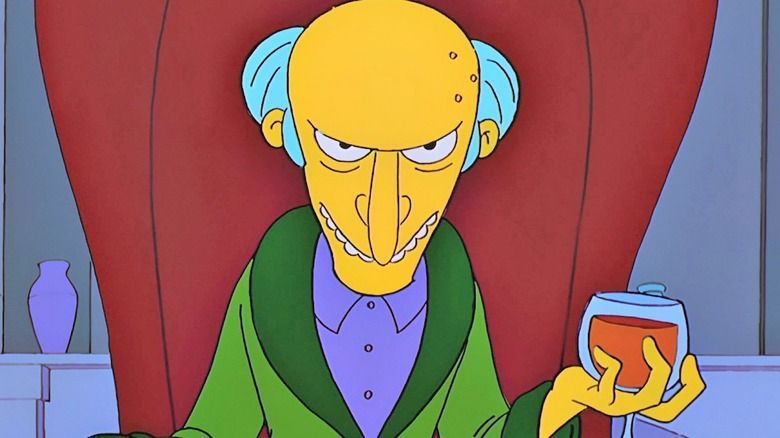bosses hate free speech

Today we are taking a journey into the recent past, before Elon Musk owned Twitter. Before he tried to get out of owning it. Before, well, this entire mess. I invite you to contemplate his treatment of Tesla workers, who sacrifice their own bodies to create his trendy vehicles, and SpaceX workers, without whom he cannot become the king of space. The people who work in Tesla's factories are long familiar with Musk's commitment to free speech, or more accurately, with its absence. Over the last few years, Musk has tried to forbid workers from wearing union-related clothing. The company has also fired workers who promote unionization. "Talking to other workers about unionizing was really frowned upon," one former worker told The Guardian in 2018 and added, "When some of my supervisors heard me talking to other employees about it, they would come over and shut down the conversation." Another worker who says she was fired for union talk told the newspaper, "Some of my most vivid memories are asking questions about the union to colleagues and being told to shut up or I’d get fired." That attitude extends to SpaceX. Earlier this year, the company fired workers who signed a letter criticizing Musk's behavior online and at work.
"Shut up or get fired" seems to define Musk's entire management style, as Twitter workers can now testify. Musk has taken a wrecking ball to the company, cutting its workforce nearly in half while terrorizing all those who remain. People who complain about his behavior or his ignorance are quickly terminated. Musk is cultivating a new and more totalitarian work culture in contrast with the relative openness of his predecessors. As Casey Newton of Platformer pointed out on Twitter, the company "has long cultivated a culture of internal dissent" and its codes of conduct technically did not change with the new regime. Twitter workers, then, are learning a hard lesson: in American workplaces, your freedom of speech often depends on the whims of your boss.
There are important exceptions. The NLRB can and has gone after Musk for violating the rights of his employees, and workers still have significant power when they come together as a collective force. I am not a labor lawyer and have not spoken to one about the possibility that Musk's Twitter firings may cross legal lines, so I will refrain from speculation. However, he would not be the first American employer to flout the law and risk a slap on the wrist. Labor law is weak in the United States and without an existing union, Twitter workers have few protections at their disposal. While they once may have thought of themselves as citizens, they are in fact subjects, and Musk is now their ruler. The philosopher Elizabeth Anderson has compared the modern American workplace to a communist dictatorship where orders "may be arbitrary and can change at any time, without prior notice or opportunity to appeal." Supervisors, meanwhile, "are unaccountable to those they order around" while their inferiors "have no right to complain in court about how they are being treated, except in a few narrowly-defined cases." While Musk parades himself as a crusader for free speech, as a boss he is actually the opposite. "Legally speaking, employers have always been authoritarian rulers, as an extension of their patriarchal rights to govern their households," Anderson writes.
Authoritarianism has its defenders in Silicon Valley and there are those for whom Musk will always be a genius, and entitled, thus, to treat his lessers however he pleases. The moral and intellectual depravity of such a view is becoming apparent with each day that passes on Twitter. Musk has revealed himself to be no genius at all; it's not even clear that he's a competent engineer. He is just a boss. He suffers from a terminal case of management-brain and his workers are paying the price for it. Their only hope is to understand the realities of their condition and seek a remedy, which is to be found in the solidarity they may now be feeling toward each other. A union won't solve everything, but it is the most reliable way to democratize an American workplace and preserve free speech within it. The fate of Twitter's workforce – and maybe Twitter itself – depends not just on Musk, but on what workers do next.